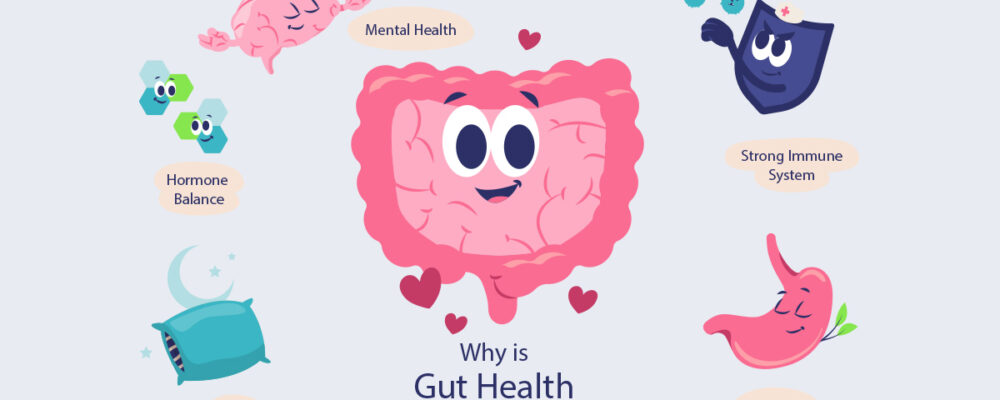10 Tips to Keep Your Gastrointestinal Health in Check

Maintaining a healthy gastrointestinal (GI) system is crucial for overall well-being. From digestion to nutrient absorption, the GI tract plays a vital role in supporting our body’s functions. To help you keep your gut happy and healthy, here are ten practical tips you can incorporate into your daily routine.
Eat a Balanced Diet:
1. Aim for a diet rich in fruits, vegetables, whole grains, and lean proteins. These fiber-rich foods promote regular bowel movements and support a healthy gut microbiome.
Stay Hydrated:
2. Drink plenty of water throughout the day to keep your digestive system hydrated and functioning optimally. Adequate hydration helps prevent constipation and supports the transport of nutrients.
Practice Portion Control:
3. Overeating can put undue stress on your digestive system. Practice portion control and listen to your body’s hunger and fullness cues to avoid overloading your stomach.
Limit Processed Foods:
4. Reduce your intake of processed foods, sugary snacks, and fried foods, which can contribute to inflammation and disrupt gut health. Opt for whole,
unprocessed foods whenever possible.
Incorporate Probiotics:
5. Probiotics are beneficial bacteria that support gut health and aid in digestion. Include probiotic-rich foods such as yogurt, kefir, sauerkraut, and kombucha in your diet, or consider taking a probiotic supplement.
Manage Stress:
6. Chronic stress can wreak havoc on your digestive system, leading to symptoms like indigestion, bloating, and stomach pain. Practice stress-reducing techniques such as mindfulness, meditation, yoga, or deep breathing exercises to promote relaxation and improve gut health.
Exercise Regularly:
7. Physical activity stimulates digestion and promotes bowel regularity. Aim for at least 30 minutes of moderate exercise most days of the week to keep your GI tract functioning smoothly.
Get Enough Sleep:
8. Prioritize quality sleep to allow your body time to repair and regenerate. Poor sleep habits can disrupt digestive processes and contribute to gastrointestinal issues. Aim for 7-9 hours of sleep per night for optimal health.
Chew Your Food Thoroughly:
9. Chewing food thoroughly aids in digestion by breaking down food particles and facilitating nutrient absorption. Take your time to chew each bite slowly and mindfully, allowing your stomach to digest food more efficiently.
Listen to Your Body:
10. Pay attention to any changes or abnormalities in your digestive health, such as persistent bloating, abdominal pain, diarrhea, or constipation. These symptoms could indicate an underlying issue that requires medical attention. Don’t hesitate to consult with a healthcare professional if you have concerns about your GI health.
Conclusion:
By incorporating these ten tips into your lifestyle, you can promote optimal gastrointestinal health and enjoy improved digestion and overall well-being. Remember, small changes can have a big impact on your gut health, so prioritize self-care and listen to your body’s needs. Here’s to a happy and healthy gut!

Maintaining a healthy gastrointestinal (GI) system is crucial for overall well-being. From digestion to nutrient absorption
May 5, 2024 Read More